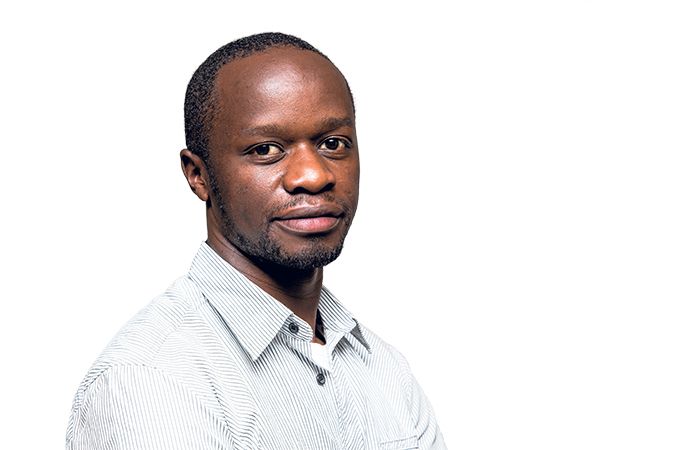The things people say and do in the name of God range from absurd to outright horrendous.
Ali Soilih, the former president of Comoros, told his people that he was their God. “I am the divine way, the torch that lights the dark. There is no God but Ali Soilih,” he told Comorians. The end for Soilih was tragic. A group of 29 mercenaries led by the dreaded Frenchman Bob Denard marched into the presidential palace in the capital, Moroni, and in three hours took over the country. Two weeks later, Soilih was shot dead trying to escape from house arrest. God was dead.
That was then. In Somalia these days, Al-Shabab claims to be God’s army, waging war against “infidels”. From Minnesota to Birmingham, Copenhagen to Malmö, the group lures young men – and lately women – to desert their enviable lifestyles in the West and go back to train for terror in Somalia. This is done by convincing them that killing in the name of God will result in a direct ticket to paradise.
Last month saw yet another bloody terror attack. Pundits have called it another Mumbai. On a Saturday in Nairobi, hundreds of innocent men, women and children streamed into a mall to shop, eat and watch movies. Over 70 of them never came out. They are forever stuck inside, killed by the terrorists weapons.
The attack was a wake-up call to security forces worldwide. The FBI swung into action, Israel’s Mossad flew in, and US commandoes later hit targets in Somalia and arrested an Al-Qaida operative in Libya.
In Denmark, the domestic intelligence agency, PET, made a startling revelation. According to PET, Al-Shabab has trained 40 Danish residents. The thought that terrorists live among us is hair-raising.
A month before the Westgate attack, another group of Danish-speaking, gun-wielding Islamists released a YouTube video threatening the lives of Danes that the group has declared “enemies of Islam”. The video, which has since been removed from YouTube but can be seen on Politiken’s website, shows the Islamists shooting at pictures of six Danes, among them the former PM Anders Fogh Rasmussen, cartoonist Kurt Vestergaard and journalist Lars Hedegaard.
What drives men and women to such fanaticism remains a puzzle. Since 9/11, fingers have pointed at Islam. Yet there are over a billion Muslims who believe in Allah and read the Quran, but do not plan or execute homicide in the name of Jihad. Thousands of Muslims have also fallen victim to terrorists’ actions.
If it’s not religion, then what is driving the agenda of these self-declared jihadists? What motivates young Somali men and other nationals who have spent most of their lives, if not all, in Europe and America to desert their Western lifestyles and go back to join the militants? Such are the questions analysts and security agents are grappling with in the aftermath of the latest attacks.
Writing in the Huffington Post after the Westgate attack, the former US ambassador to Denmark, Laurie Fulton, points to the poor inclusion of immigrants as one of the possible causes of radicalisation. She refers to her time in Denmark and notes the challenge of inclusion in a largely homogenous, monoculture society. Could it be that despite having Danish passports, speaking fluent Danish and being bred as Danes, thousands amongst us still feel as the ‘other’? But whatever the excuses, nothing can possibly justify the execution of innocent people.
It is a hard reality to accept that some Denmark-based individuals have received training in Somalia only to hop onto the next plane back to Denmark. Fulton probably has a point. If they felt more like ‘one of us’, it may not be so easy to feel ‘one of them’. Yet I doubt that inclusion alone will save us from this fanaticism.
Once the Westgate victims have been buried, the dust settled and the debris cleared, one major question will still linger: are we any safer? Yet in the midst of all of this, we must keep in mind one fundamental reality: terrorism is not synonymous with Islam. Just like all mothers are women yet not all women are mothers, terrorists may claim to be Muslims, but of course not all Muslims are terrorists.














